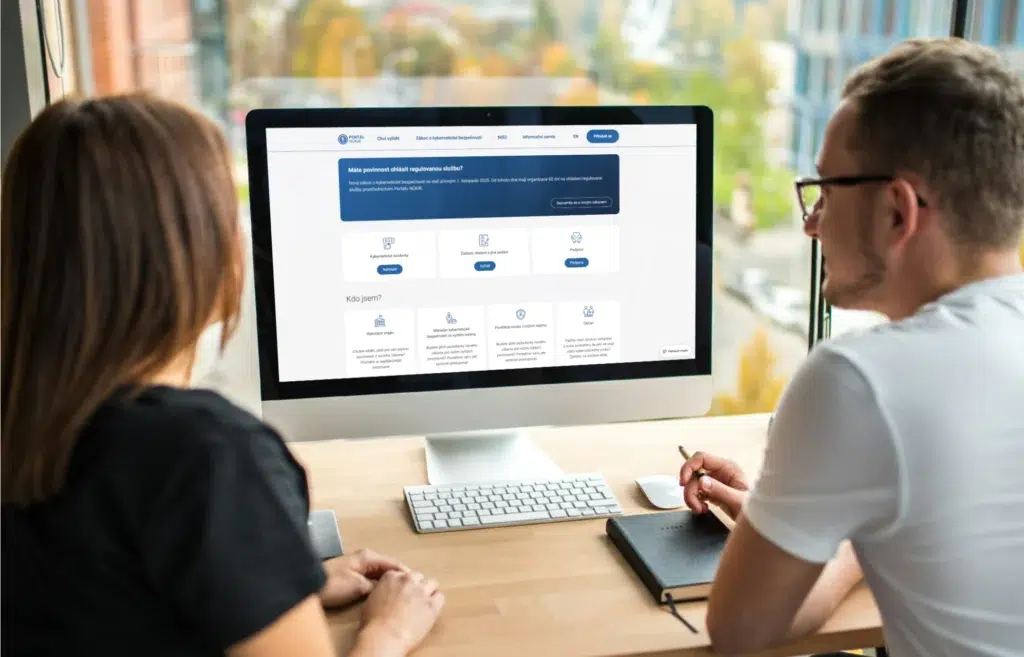- Hana Skoupá
How to protect yourself from online shopping fraud
The holiday shopping season brings one tempting offer after another, especially during sales events like Black Friday or Cyber Monday. It's easy to overlook potential security risks with various online stores and offers. To ensure your online shopping experience is safe, here are 8 proven tips to help you avoid unpleasant surprises.
- Nakupujte na bezpečných a ověřených e-shopech
Look for websites that start with "https://," where the "s" indicates a secure connection, ensuring your data is encrypted. Reputable online stores also provide clear contact information, details about the business, and shipping information. If you're buying from an unfamiliar site, first check reviews, see if the business is transparent, and examine the site’s content quality. Numerous errors, low-quality images, or exaggeratedly attractive offers can be warning signs of fraudulent practices.
- Be mindful of personal data and share only what’s necessary
- Set unique, strong passwords for shopping accounts
Create a separate account just for shopping, with a strong, unique password. If you have multiple shopping accounts, use a distinct password for each one to prevent compromising all accounts if one is breached.
- Watch for fake invoices, emails, and SMS notifications to pick up packages
- Avoid clicking on suspicious links offering amazing deals
- Use secure payment methods
Use safe payment methods to protect your funds. Secure options include online card payments with two-factor authentication, digital wallets like Apple Pay or Google Pay, or virtual cards. Consider setting spending limits on your card for online shopping and routinely monitoring your account and bank statements.
- Shop safely and comfortably from your home
Avoid online shopping over public Wi-Fi and wait until you're on a secure network at home. Public Wi-Fi networks often lack robust security, making it easier for hackers to access your data. Alternatively, shops use VPN or mobile data.
- Have contact information ready in case of an emergency
To summarize...
- Shop on safe and verified sites, check reviews, and review the business’s credentials.
- Protect your personal data by sharing only necessary information.
- Use strong, unique passwords for each shopping account.
- Avoid paying fake invoices and verifying emails or SMS for order updates or package tracking.
- Avoid clicking on suspicious links offering amazing deals
- Use secure payment methods and set a spending limit for online shopping.
- Shop from home, avoid public Wi-Fi, and consider a VPN or mobile data for added security.
- Have contact information ready in case of an emergency
Remember that alongside great deals, online shopping also brings a range of cyber risks. With just a moment’s distraction, your peaceful holiday season could turn into an unnecessary hassle. Following basic security measures will help keep your personal information and finances safe.



